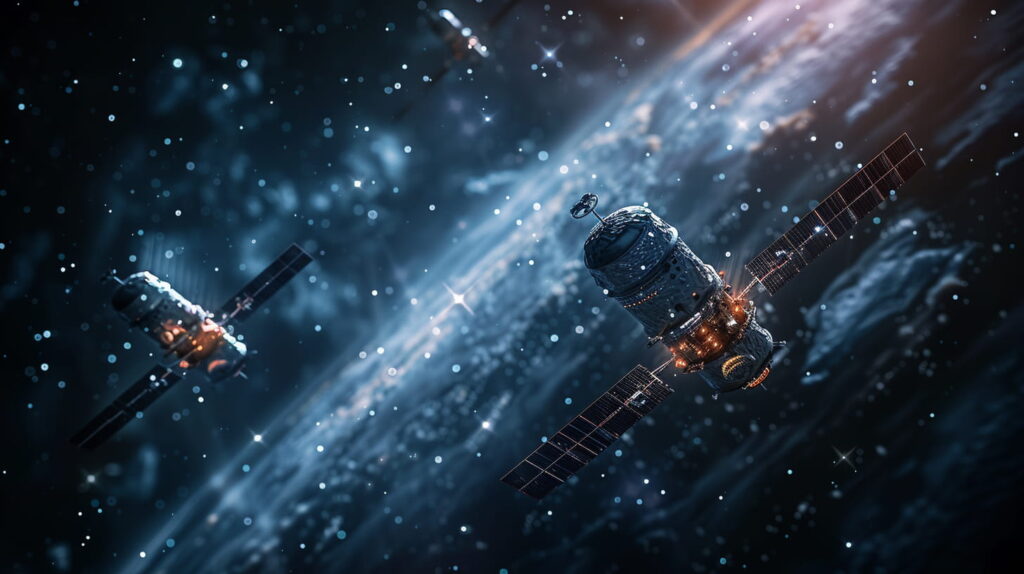Alphabet CEO Sundar Pichai says Google is gearing up to take the artificial intelligence arms race off the planet.
In a new post on X, Pichai unveils Project Suncatcher, an effort that aims to harness near-continuous solar energy and build tightly clustered satellite formations above Earth, reducing the physical and energy constraints that define AI supercomputing on the ground.
Pichai says the initiative is in early stages, but testing has already shown signs that its Trillium TPUs can tolerate radiation levels in low-Earth orbit, clearing one of the biggest technical hurdles for running AI silicon in space. The company is also preparing to launch prototype satellites by early 2027 as part of the research.
“Our TPUs are headed to space! Inspired by our history of moonshots, from quantum computing to autonomous driving, Project Suncatcher is exploring how we could one day build scalable ML compute systems in space, harnessing more of the sun’s power (which emits more power than 100 trillion times humanity’s total electricity production).
Like any moonshot, it’s going to require us to solve a lot of complex engineering challenges. Early research shows our Trillium-generation TPUs (our tensor processing units, purpose-built for AI) survived without damage when tested in a particle accelerator to simulate low-Earth orbit levels of radiation. However, significant challenges still remain like thermal management and on-orbit system reliability.”
Google notes that the strategy could dramatically expand access to solar power and increase power efficiency, while reducing pressure on terrestrial electrical systems. In the future, tightly clustered satellites could run distributed machine learning workloads and beam data back to Earth through high-bandwidth optical communications.
“By focusing on a modular design of smaller, interconnected satellites, we are laying the groundwork for a highly scalable, future space-based AI infrastructure.”
Disclaimer: Opinions expressed at CapitalAI Daily are not investment advice. Investors should do their own due diligence before making any decisions involving securities, cryptocurrencies, or digital assets. Your transfers and trades are at your own risk, and any losses you may incur are your responsibility. CapitalAI Daily does not recommend the buying or selling of any assets, nor is CapitalAI Daily an investment advisor. See our Editorial Standards and Terms of Use.


